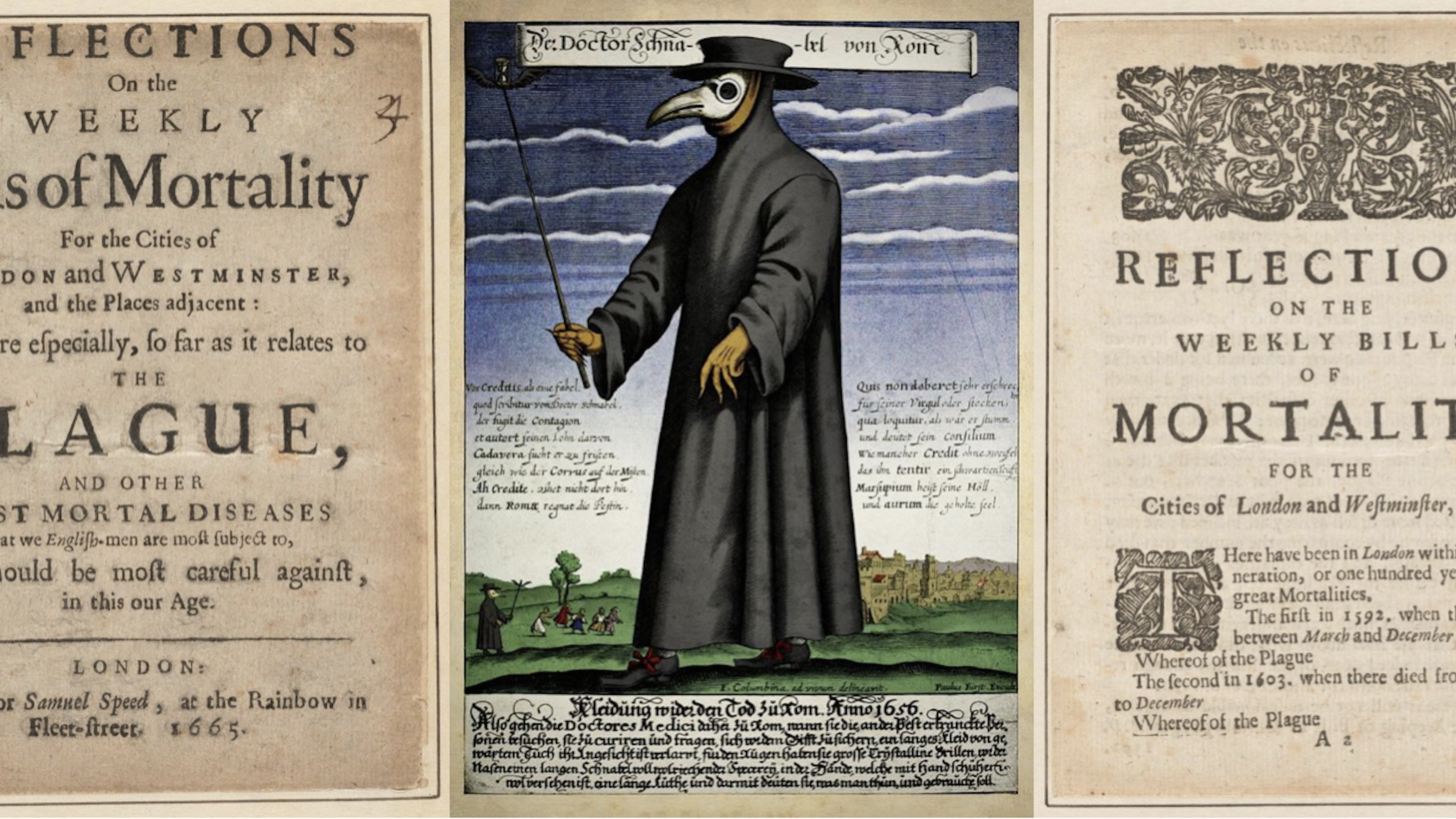Right-Wing Religions of the World Unite to Oppress Women and Gays More Ruthlessly

This article was originally published on AlterNet.
When you hear the word “interfaith,” you might think of people from different religions working together to do charitable deeds: running a soup kitchen, for example, or collecting clothes for the poor. But there’s a darker side to interfaith as well. Whatever good that religion does in the world has to be balanced against the harm it’s caused in so many other ways: sanctioning slavery, sowing xenophobia and division, excusing inequality, propping up oppressive power structures of class, race and caste. And over the past few years, a new kind of harm is becoming more common: even religions which have little or nothing in common theologically have been increasingly willing to cooperate for the continued oppression of those groups that have historically been the targets of their persecution: women, GLBT people, and non-believers in particular.
One case in point is the Boy Scouts of America. As the rest of society moves slowly but steadily toward greater acceptance of gay people, the Boy Scouts remain stubbornly entrenched in prejudice, continuing to unconditionally bar them from positions of leadership in scout troops. They also enshrine the same discrimination against atheists, barring them from troop leadership and expelling atheist scouts. All this has occurred despite a very public outcry, including the loss of sweetheart deals they once enjoyed in many cities and a Tumblr devoted to Eagle Scouts handing in their medals in protest; and despite the fact that other scouting organizations, particularly the Girl Scouts, are fully inclusive and accepting of all people.
Why are the Boy Scouts so bent on their bigotry? A recent news article gives the answer: because their three biggest sponsors are Mormons, Roman Catholics and Southern Baptists. These three denominations have vast theological differences; it’s safe to say they span the entire spectrum of Christianity, doctrinally speaking. But despite this, they’re united in taking the hardest of hard lines against GLBT equality:
According to the latest BSA figures, the Mormons’ Church of Jesus Christ of Latter-day Saints charters more than 37,000 Boy Scout and Cub Scout troops with a youth membership of more than 420,000, the highest figures of any denomination. Roman Catholic parishes charter about 8,500 units with about 283,000 members.
…Chip Turner, a Southern Baptist who chairs the Scouts’ religious relationships committee, said the no-gays policy is unlikely to change as long as it has the support of the churches most active in sponsoring Scout units.
Or consider this outrageous story that began last year: a lesbian family from Vermont split up when one of the women, Lisa Miller, converted to Christianity and claimed to have been “cured” of being gay. When a court ordered her to share custody of their daughter, she first moved to Virginia, where same-sex partnerships are illegal, and tried to get the Vermont court’s order overturned. When that failed, she fled the country, illegally taking the girl with her to keep her away from her former partner. A federal jury recently convicted a Virginia pastor of aiding and abetting this parental kidnapping.
And again, right-wing Christians from different sects came together to aid her at every step of the way. Before fleeing the country, Lisa Miller got legal help from Liberty Counsel, a right-wing legal group affiliated with Jerry Falwell’s Liberty University, whose members are fundamentalist Baptists. Meanwhile, the convicted minister Kenneth Miller and his fellow believers at home and abroad are from an Amish sect, the Beachy Amish Mennonites.
In the national political arena, another case in point is the ongoing religious-right lawsuit against President Obama’s health care reform, specifically against the requirement that employer health plans offer no-copay coverage of contraception. Almost as soon as this rule was announced, a coalition of Catholic organizations filed a lawsuit against it, arguing in effect that their religious beliefs give them the right to impose barriers on their employees’ access to health care. Surprisingly, a variety of evangelical institutions expressed their support for the lawsuit, even though they, unlike the Catholic church, have no formal doctrinal opposition to contraception. One evangelical college, Wheaton College, went so far as to formally join the lawsuit before being embarrassed to realize that their insurance already covered the emergency contraception they claimed to be against.
Even though evangelicals typically don’t oppose contraception as fervently as the Catholic hierarchy, they too want the ability to cite their religion as a way of opting out of any social-justice law they dislike. Again, what these interfaith efforts are all seeking is religion as an excuse for discrimination – a license to hate and to treat people unequally.
These evil interfaith efforts don’t just happen within Christianity, either: they span national boundaries and bring together completely different religions. Take, for example, the well-known alliance between right-wing evangelical Christians in the U.S. and right-wing Jewish settlers in Israel. It’s a bizarre marriage of convenience: many of the settlers believe that Israel should rightfully possess all the land that, according to the Bible, God promised to the Jewish people. The evangelicals believe this as well, but add the idea that Jewish possession of the promised land is a necessary precondition for the return of Jesus and the apocalyptic war predicted by Revelation, at which time all Jews will either be converted to Christianity or slaughtered.
Despite their very different motivations, these two groups have forged an effective alliance. The religious nationalists in Israel have had more or less free rein, and they’re increasingly allied with ultra-Orthodox Jews in expanding illegal settlements; meanwhile, the evangelicals have pressured American governments to shield Israel from international criticism and to take a hands-off policy toward the settlements. The evangelicals have even raised money themselves to help build more of them.
There’s one more example of interfaith evil, possibly the most bizarre of all. As Michelle Goldberg writes in her book The Means of Reproduction, the United Nations has done far more good than many Americans give it credit for. The resolutions and treaties so often disparaged as useless symbolism in the West have had major, concrete effects in the developing world, especially when it comes to the rights of women, children and disenfranchised minorities.
This has led to something once unimaginable: at the United Nations, the Roman Catholic church – the only religious denomination with official U.N. observer status – and a coalition of conservative Islamic-majority nations have often allied to battle resolutions relating to women’s rights and family planning. For example, at the 1994 Cairo Conference on Population and Development, the Vatican marshaled a coalition of Islamic countries, including Libya and Iran, to lobby against language on reproductive rights. They’ve also fought against mentioning reproductive choice at the more recent Rio+20 conference.
This historically unprecedented alliance of fundamentalisms, as ominous as it appears for friends of liberty and secularism, may be an alliance of necessity or even of desperation. The Western world is becoming more secular and more atheist. Despite the lavish cathedrals that dot the landscape and the cultural and historical resonances it possesses, organized religion in Europe in particular is in the terminal phase of a long decline.
This year, Norway officially disestablished its state church, to little protest or notice. In the U.K., a conservative government recently announced plans for full marriage equality, despite the outrage it drew from the church. (Yes, the Anglican church, that bastion of liberal Protestantism and British politeness, is opposed to same-sex marriage.) I personally just came back from a trip to Scotland, where I saw for myself all the magnificent, empty church buildings in Edinburgh that have been transformed into bars, restaurants or clubs.
Even in some of the church’s traditional cultural strongholds, religion is fading like the tide going out. In Italy, the birthrate has dropped to the point where the previous pope demanded that Italians have more children. In Spain, the current pope histronically compared the expansion of gay rights and abortion rights to genocide. In Ireland, after a series of devastating reports on the priestly child-abuse scandal in that country, the prime minister delivered a searing rebuke to the Vatican’s ambassador, and a recent survey shows that the Irish people are leaving Catholicism at an astounding rate. There’s unprecedented resistance and protest popping up even in even in the one-time Catholic stronghold of Poland.
The United States is far behind the rest of the Western world when it comes to secularization, but here, too, there are rumblings of change on the horizon. Every poll over the last ten or twenty years shows that the numbers of the nonreligious are rising, especially among the young, far surpassing the growth of any religious group. The “tall steeple” Protestant churches, once the backbone of American religious life, are in a demographic plummet, and even the Catholic church, America’s single largest denomination, is in decline. As many as one in ten Americans are now ex-Catholics, and even Hispanic immigrants, who are often stereotyped as deeply religious, tend to secularize after a generation or two.
With religion thus in decline in the world’s wealthiest countries, and society becoming less and less willing to accept faith as an excuse for discrimination or unjust treatment, we’re seeing churches that were once infamous for their mutual hatred teaming up in a bid to preserve their shrinking spheres of privilege. It’s unlikely that they can hold back the tide of social progress forever, or that this is anything other than a rearguard action in an increasingly progressive world – but it’s important for us to recognize that just because something is “interfaith” doesn’t make its goals morally laudable. On the contrary, it all too often means the opposite.
Daylight Atheism: The Book is now available! Click here for reviews and ordering information.





